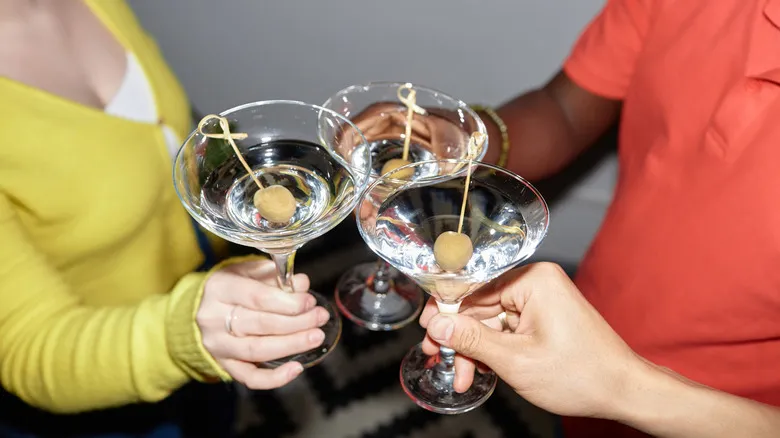Why there's a time limit on vodka
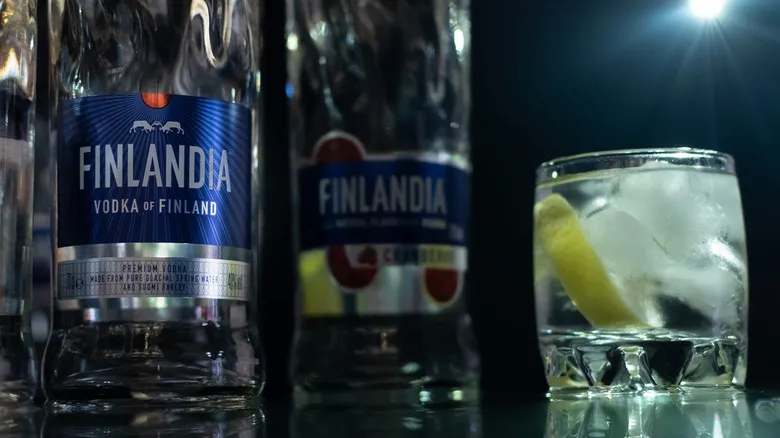
If you've ever questioned whether alcohol can spoil, the answer is a bit nuanced. Unopened, unflavored distilled spirits such as vodka, rum, and bourbon can last indefinitely if stored correctly, provided the seal remains intact. For instance, when a cache of Scotch whiskey from explorer Ernest Shackleton's 1908 Antarctic expedition was discovered a century later, it was so well-preserved that experts managed to reverse-engineer it and produce a modern version. However, the scenario changes once you open a bottle. "Although vodka won't 'go bad,'" explains Cody Goldstein, "it’s best consumed within six to twelve months after opening to experience its optimal freshness."
Once you've taken a sip or even just removed the cap to take a whiff, a few factors come into play for that bottle of vodka. Alcohol evaporates at a lower temperature than water. Its boiling point is 173 degrees Fahrenheit, but it starts to evaporate upon contact with air, even at room temperature. An 80-proof vodka contains 40% alcohol by volume (ABV), with the remainder being water (unless flavors or sweeteners have been added after distillation). If left out for too long, you may end up with vodka-flavored water. While the quality and taste may diminish, it won’t be harmful to consume.
What to watch for with an opened bottle of vodka
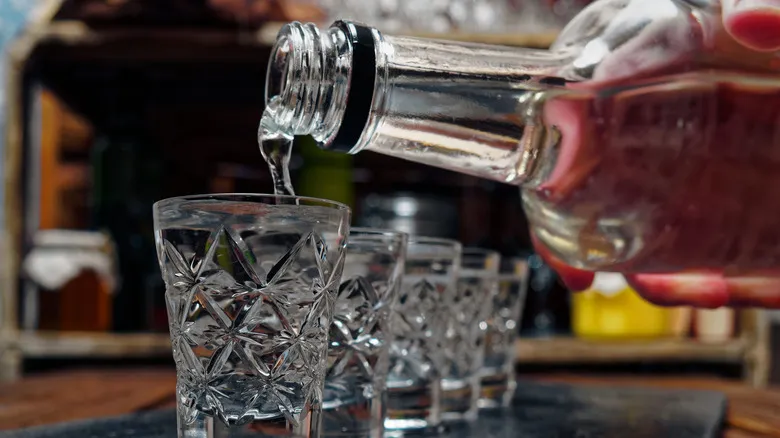
According to Cody Goldstein, vodka doesn’t spoil or go bad; rather, its quality diminishes over time. However, various factors, particularly storage conditions, can affect its flavor as it ages. "Exposure to sunlight and air can cause the spirit to oxidize, resulting in an unpleasant taste and color," he explains.
The positive aspect is that most standard liquors don’t have an expiration date, and vodka typically has a longer shelf life compared to darker spirits like rum or bourbon. These brown liquors have more intricate flavor profiles that can start to deteriorate within six months of being opened, especially as the bottle is consumed. Still, there is a possibility of contamination. "If you’ve had a bottle for a while," Goldstein advises, "always check the bottom and give it a swirl to ensure no impurities or particles have developed from bacteria."
Want to prolong the life of that opened bottle of vodka? Store it in a cool, dark place to slow down both evaporation and oxidation. "Keeping your bottle in the refrigerator or a dark area can help maintain its quality after opening," Goldstein suggests. If you’re down to the last bit in the bottle, consider using it creatively—add a shot to your pie crust dough or enhance your chicken soup.
Recommended
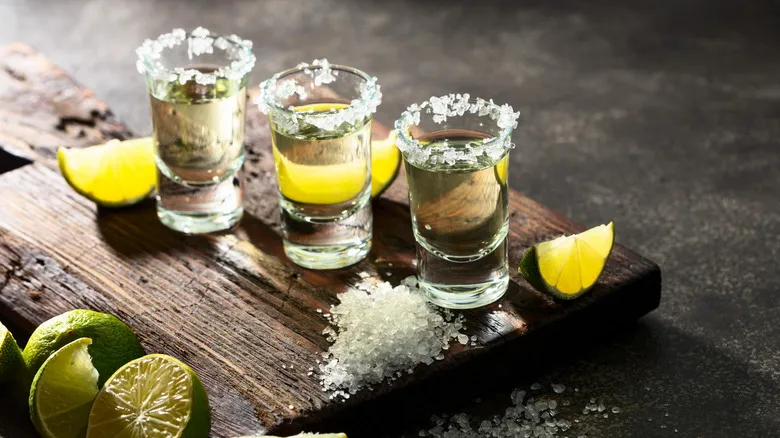
Why Is Tequila Typically Served With Salt And A Lime?
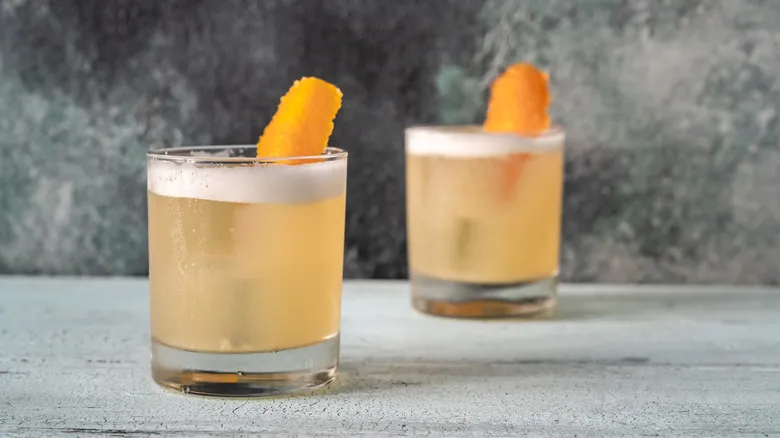
The Sweet And Savory Addition That Upgrades Your Whiskey Sour
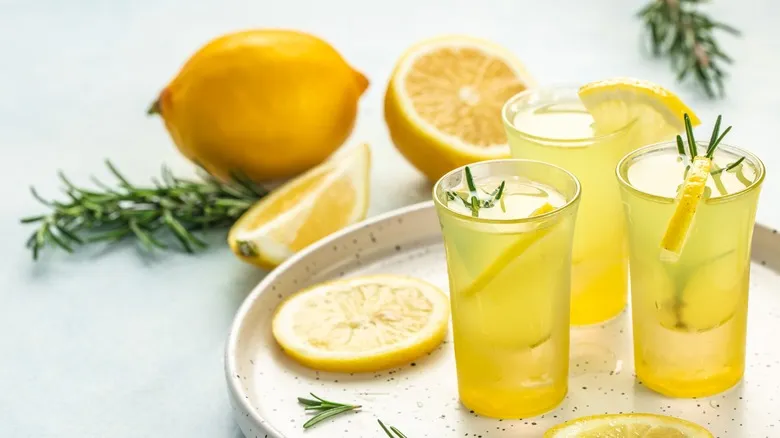
How To Make The Classic Lemon Drop Shot
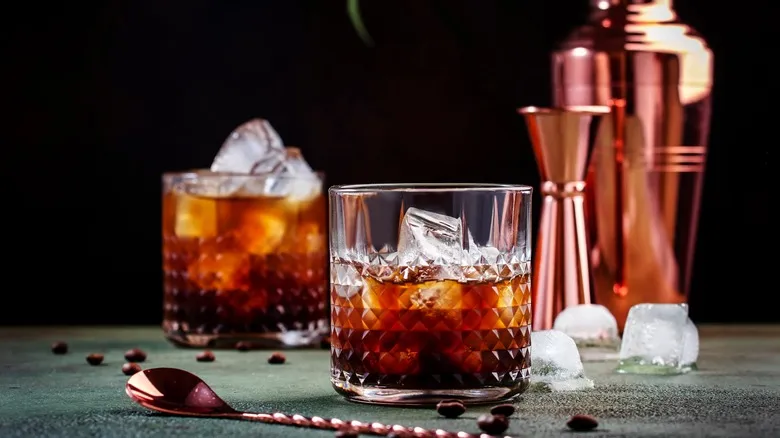
Why You Need A Cocktail Shaker For Perfect Iced Coffee
Next up

